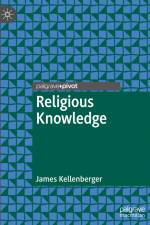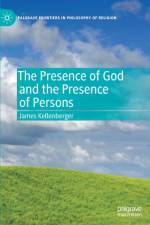- Folk, Arcane, Practical, Religious, Philosophical, Mystical
av James Kellenberger
1 261
This book is an investigation of wisdom in its diverse nature and types. Wisdom may be as everyday as folk adages or as arcane as a religious parable. In one form it is highly practical, and in another it addresses what is fundamentally real. In another form it is moral wisdom, and when it is psychological wisdom it can inform wise judgment. It can be philosophical, and it can be religious. And in one form it is mystical wisdom. These types of wisdom are essentially different, even when they overlap. Often wisdom is proffered in wise sayingssuch as proverbs, aphorisms, or maximsbut one form, mystical wisdom, defies articulation.In this book all these types of wisdom will be presented, drawing upon a diversity of sources, and critically examined. Offered wisdom carries in its train a number of issues, not the least of which is how to distinguish between true wisdom and pseudo-wisdom.Also it may be asked of wisdom, when it is true, whether it is true relativistically, varying with culture, or true universally. Many types of wisdom have their origin in antiquity, but can there be new forms of wisdom? Does wisdom, as contemporary philosophers have maintained, have an underlying universal nature? This book addresses these issues and others.














